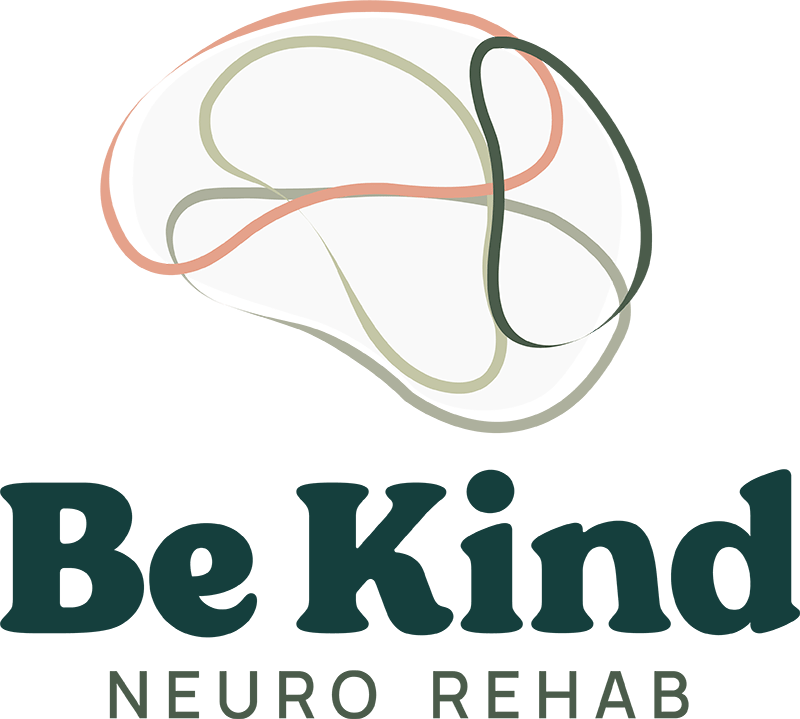
UNDERSTANDING BRAIN INJURIES &
My Approach
to Recovery
Navigating Cognitive Changes
Evidence-Based Support
•
Evidence-Based Support •
Brain injuries can lead to a variety of cognitive changes that impact daily life and overall functioning. Addressing these challenges through tailored evidence based cognitive rehabilitation strategies can help individuals rebuild their skills and regain confidence in their abilities.
Understanding Cognitive challenges following a brain injury
My goal is to offer carefully tailored, innovative approaches that address these specific cognitive challenges, helping individuals navigate their difficulties and ultimately improve both their overall quality of life.
-
Memory Impairments: Individuals may struggle with both short term and long term memory, affecting their ability to recall recent events or retain new information
Attention and concentration issues: Maintaining focus on tasks can become challenging, leading to difficulties in completing activities and following through on responsibilities.
Executive functioning deficits: Problems with planning, organising, problem solving, and decision making can arise, affecting the ability to manage complex tasks and adapt to changing situations.
Processing speed: Slowed cognitive processing can impact the speed at which information is understood and responded to, affecting overall efficiency in daily activities.
Understanding Cognitive fatigue following a brain injury
Cognitive fatigue, common in brain injury recovery, causes mental exhaustion that hinders clear thinking, focus, and effective information processing, making daily tasks more challenging than physical fatigue alone.
-
Decreased mental stamina: Tasks that once felt manageable. May become overwhelming and exhausting, leading to decreased productivity and difficulties completing activities.
Impaired concentration: Individuals may find it challenging to maintain focus on tasks or conversations, often experiencing a sense of mental fog or distraction.
Reduced cognitive performance: Cognitive fatigue can lead to slower processing speeds, difficulties with problem solving, and the ability to recall information or make decisions.
Emotional impact: Persistent cognitive fatigue can also contribute to feelings of frustration, irritability, and anxiety.
•
Addressing cognitive fatigue and implementing strategies is important to manage cognitive fatigue. I aim to help individuals manage their fatigue using evidence based practice including interventions to support mental endurance and enhance daily functioning.

How can Occupational Therapy help following a brain injury?
As an occupational Therapist I aim to collaborate with clients and their families to set realistic and meaningful goals, fostering motivation and a sense of achievement.
This person centred approach ensures that the therapy aligns with the individuals personal values and aspirations. By addressing these areas, Occupational Therapy supports individuals in navigating their recovery, enhancing their independence, and improving their overall quality of life.
Below are some practical ways that an Occupational Therapist can help following a brain injury:
-
Fatigue management strategies helping client paces themselves and achieve goals • Memory strategies • Routine planning • Community access support • Return to social activities • Travel training • Sleep hygiene • Carer and family education and training • Strategies for independence in daily tasks like washing, dressing, and meal prep
Memory Rehabilitation, Anytime, Anywhere
Telehealth
Appointments
I'm committed to making cognitive rehabilitation accessible to everyone, regardless of location, recognising that many individuals in rural and underserved areas face significant barriers to accessing specialised rehab services.
-
I'm excited to offer cognitive rehabilitation through Telehealth. These appointments provide a convenient and effective solution for those who cannot easily reach in person therapy due to geographic or logistical constraints through secure and user friendly digital platforms.
I will offer personalised cognitive rehabilitation sessions designed to address a range of challenges resulting from brain injuries.
MEMORehab
Program
MEMORehab is an online program designed to help you better understand memory, how it can be affected by various conditions, and what changes you can make in your daily life to improve it. It also helps you learn and practice strategies to improve your memory.
-
This program is led by myself with whom you will meet for six, one-hour sessions. These sessions can take place through our web-based app (on your computer) or in person. Meetings with the clinician are run either 1-on-1 or in small groups. You will also have access to a number of learning tools such as videos and computerised exercises.

Send Your Referral Through Today
LET’S START YOUR HEALING JOURNEY




